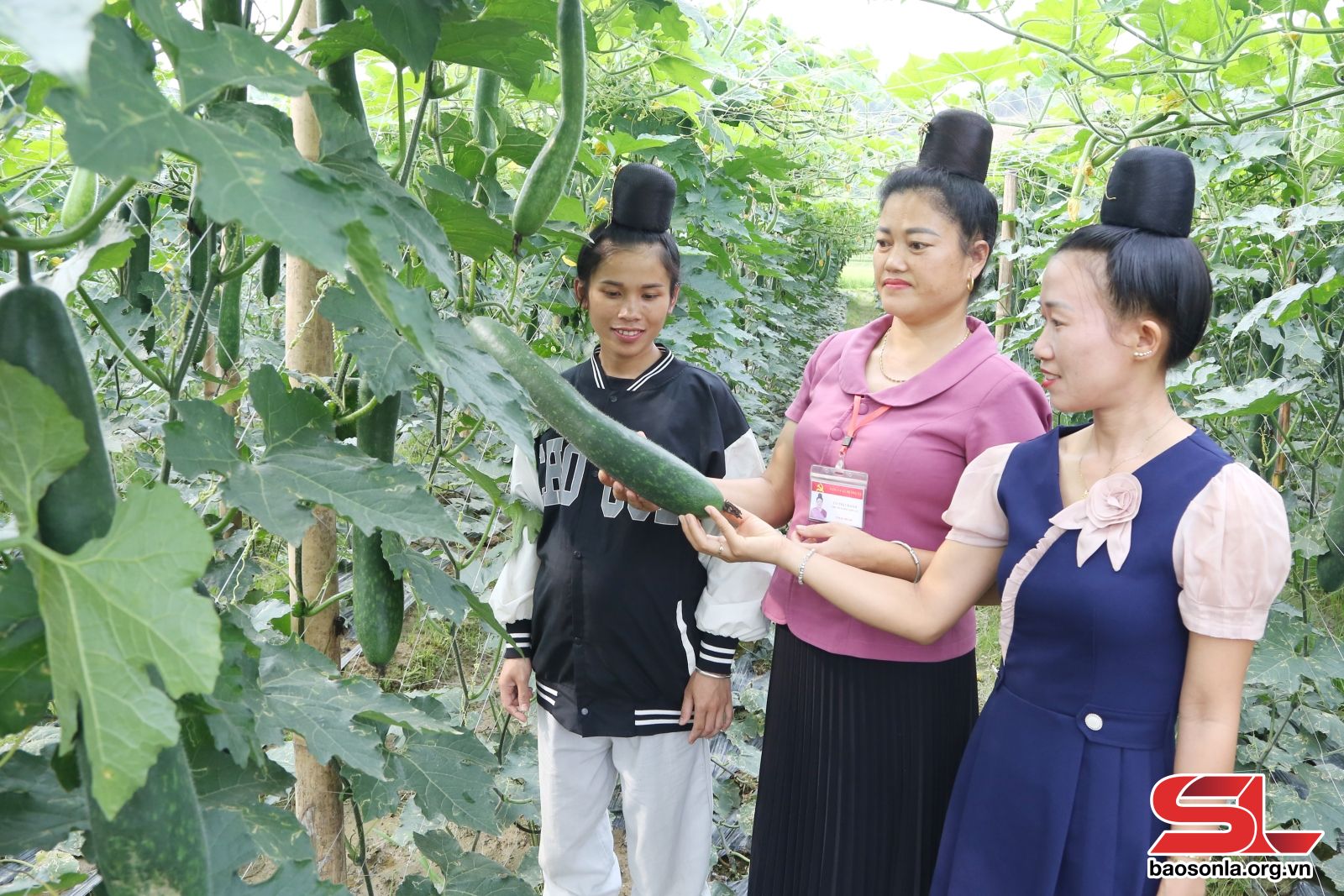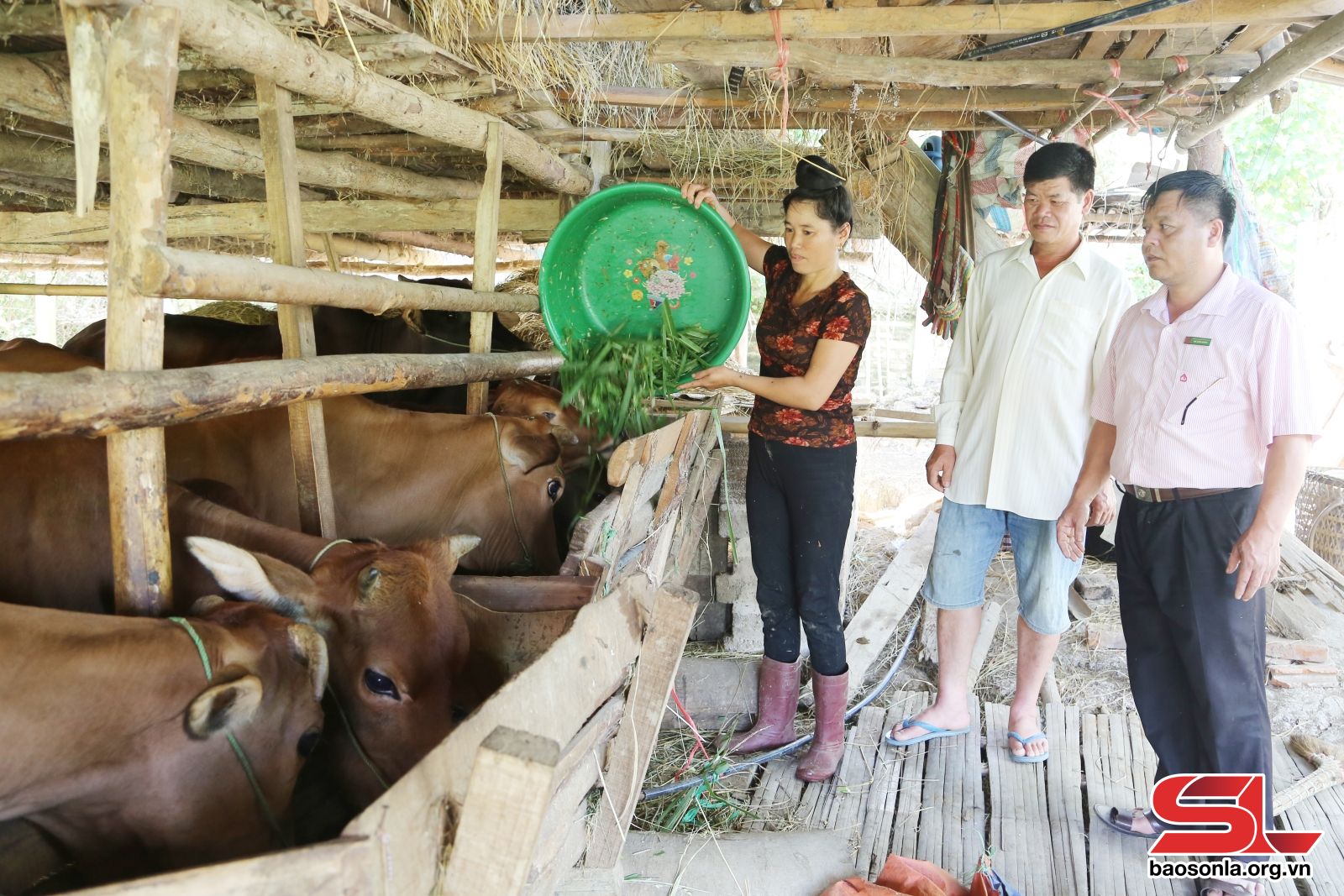.jpg)
Implementing the project on comprehensive agricultural development towards commodity production, productivity, quality and efficiency, associated with restructuring the agricultural sector in the district for the 2021-2025 period, Sop Cop has directed the specialised agencies to organise testing of high-yield and high-quality plant varieties and animal species to put them into mass production.
The district has also implemented policies to support the shifting of low efficiency crops to those with high economic efficiency, while encouraging and guiding locals to build integrated economic models with high economic value.
In addition, Sop Cop has comcentrated on guiding and supporting people to access preferential capital sources to invest in production development. Organisations have entrusted the district branch of the Vietnam Bank for Social Policies to lend more than 350 billion VND (13.8 million USD) to over 5,500 households. From the farmer support fund, 50 households have received loans of nearly 2.5 billion VND to invest in production. The district has also encouraged the establishment of cooperatives for farmers to cooperate in production, and promote agricultural development towards centralised commodity production.
Since 2020, the district has implemented 38 effective crop and livestock farming models. Notably, Muong Va sticky rice has been recognised as a product brand and as a 3-star OCOP (one commune one product) product.

In livestock farming, the district has oriented locals to develop models in the direction of concentrated farms and household farms, and promoting the development of buffalo and cow herds. Organisations have coordinated with the district Agricultural Service Centre to hold training on livestock farming techniques; conduct vaccination as planned; and encourge people to improve wasteland and mixed garden land to grow more than 185 hectares of grass for livestock breeding.

To continue developing agricultural production models, Sop Cop will direct specialised agencies to direct farmers to build models suitable to actual conditions and capable of selling products, especially those linked to the value chain, while cooperatives will play a good role in supporting locals in applying technical advances in production, and farmers will proactively learn new models to increase income and stabilise their lives.























You have 500/500 characters left
Please enter 5 or more characters!!!